Publication Type: Journal Article
Name of Aurthor(s): Rohana Binti Ngah, Rahimah Bte Sarmidy, Nurul Hafez Bin Abd Halil
Abstract:
The high competition in the employment market and high unemployment rate prompted the government to encourage entrepreneurship as a career option for students further. Many entrepreneurship programs and courses have been developed and offered in higher learning institutions to encourage innovative behavior and the ability to recognize opportunities, especially in the emerging digitization world and the high unemployment rate in Malaysia. Generic skills such as creativity, proactiveness, risk-propensity, leadership, motivation, and self-efficacy are said to be essential determinants for innovative behavior. This paper aims to investigate the impact of generic skills on innovative behavior and opportunity recognition empirically. The online survey was conducted on 225 students who took a technology entrepreneurship course at a Malaysian university. Data were then analyzed using Partial Least Square software. Only creativity and proactive have a strong influence on innovative behavior and opportunity recognition. The mixed results implied that more efforts to carry out to enhance further the innovative behavior of students in preparing them to real-world challenges. It is timely to readdress how to improve further and strengthen the generic skills of students. Recommendation and suggestions are presented.
Publication Type: Journal Article
Name of Aurthor(s): Rohana Binti Ngah, Kuan Yew Wong
Abstract:
Purpose
This paper aims to study the effect of knowledge management in formulating competitive strategies for knowledge-based small- and medium-sized enterprises (SMEs) in Malaysia.
Design/methodology/approach
A quantitative approach of a survey was carried out on 135 owners and managers of knowledge-based SMEs in Malaysia. Structural equation modeling technique was used to investigate the relationship between knowledge management and competitive strategies. SmartPLS software is used to analyze the quantitative data. Only SMEs which are involved in R&D and innovation were selected to get the right respondents who meet the objective of the study.
Findings
The findings show mixed results. Most dimensions of knowledge management have significant relationships to differentiation strategy except for knowledge creation and knowledge acquisition, with only knowledge acquisition showing a significant relationship to cost leadership. Findings reveal that knowledge management has a positive effect on competitive strategies with more inclination toward differentiation strategy, compared to cost leadership strategy which does synchronize with their commitment in research and development and innovation.
Research limitations/implications
This study is only focused on knowledge-based SMEs in central Malaysia. Second, the use of a survey approach minimized the flow of information.
Practical implications
SMEs do have knowledge management practices but may not be exploiting it well. Mapping knowledge management practices would help SMEs identify their strengths and weaknesses to explore better business opportunities. This proves that SMEs are leveraging their resources through knowledge application, dissemination, storage and protection to be different than their competitors. However, their apparent lack of knowledge in knowledge acquisition and knowledge creation should be addressed accordingly, as it is important for their future continuous sustainability.
Originality/value
This paper contributes to the literature of knowledge management relating to competitive strategies in SMEs. The study offers insights on how competitive strategies were formulated through knowledge management. The mixed results reveal a new different outlook of knowledge management relating to competitive strategies.

Publication Type: Journal Article
Name of Aurthor(s): Rohana Binti Ngah
Abstract:
The leading cause of air pollution in Kuala Lumpur comes from traffic which creates negative impacts on work performance, work quality and productivity. The study attempts to investigate the effects of moral norms, social norms, and pro-environmental attitude on travel behavior of public transport commuters. A survey was carried in Greater Kuala Lumpur and a total of 904 usable questionnaires were analyzed using Partial Least Squares. The findings showed that pro-environment attitude had a weak relationship to travel behavior, but moral norms played instrumental influence when commuters chose public transport.
*as at 30th June 2020










